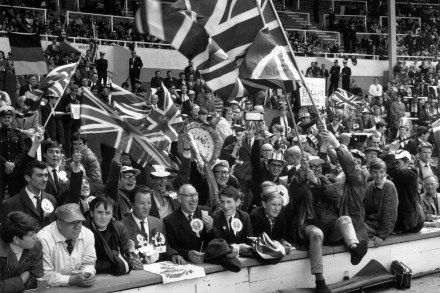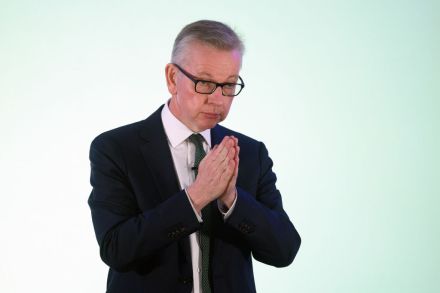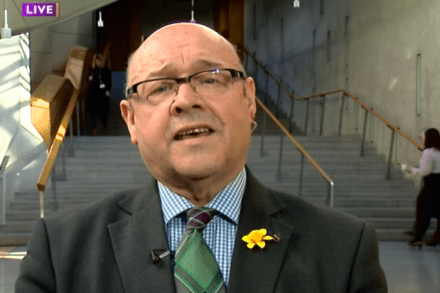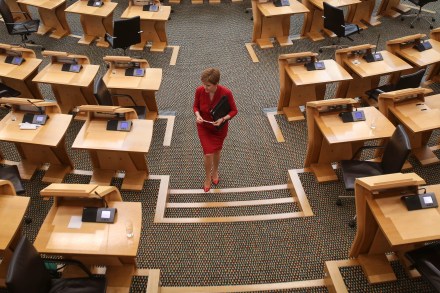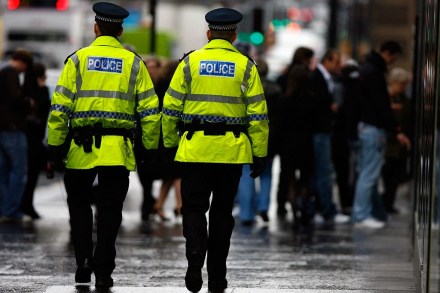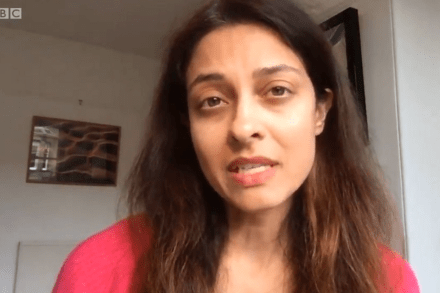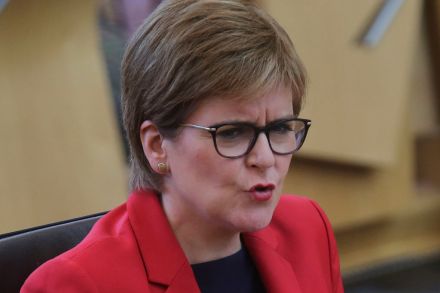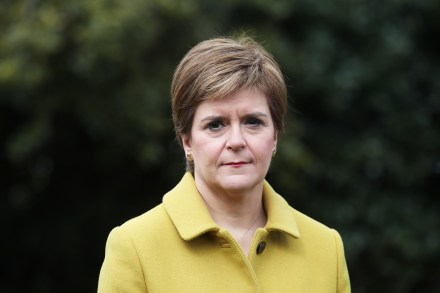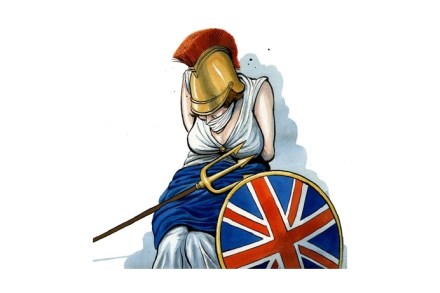Euros 2021: Should we scrap the England team?
Look back through the archive photos of England’s victory over Germany at the 1966 world cup and you’ll notice something rather strange. The cheering supporters aren’t waving the flag of St George. Instead the jubilant crowds are draped Union Jacks — reflecting the more fluid blend of loyalties of an age when Britain was much more at ease with itself. Now tune into the delayed Euro 2020 matches: you’re unlikely to catch the red white and blue standard of the United Kingdom. During the last England match, there was a lone pair of Rangers fans defiantly waving their Union Jack. These are my people. I’ll watch for them during tonight’s
